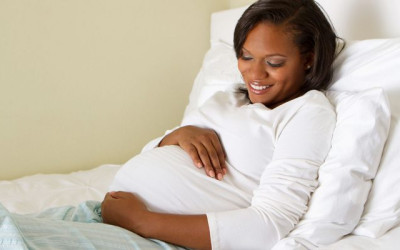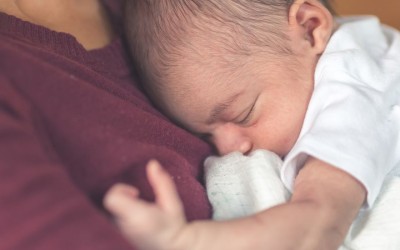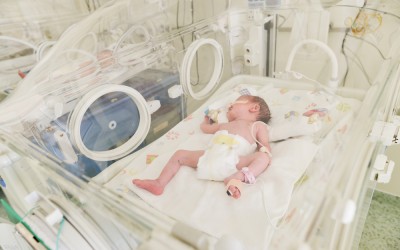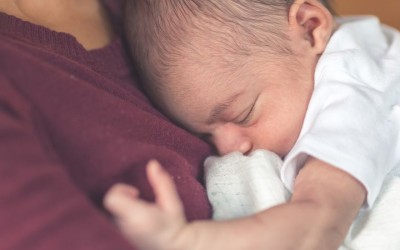
Community Support

How does preeclampsia affect health after pregnancy? Preeclampsia doesn’t always end with delivery. It is now recognized as an early warning sign for future cardiovascular disease. Women who have experienced preeclampsia have approximately do...

Trauma-informed therapists define birth trauma and discuss ways to heal after a traumatic birth experience.

Even after more than twenty years, Mavis “Mae” Stephens, a 3x preeclampsia survivor, vividly remembers the challenges she faced during her pregnancy with her second son. She did everything she could to shield herself from stressful or emo...

Recientemente, me encontré con una publicación en las redes sociales señalando la crisis de salud maternal desde la perspectiva de una mujer negra. Una persona respondió a la publicación preguntando, “¿...

Women who have endured traumatic pregnancies such as severe preeclampsia, eclampsia and HELLP syndrome have a higher incidence of PTSD and PPMD than women without these complications.

Meghan Markle opens up about her experience with postpartum preeclampsia, a life-threatening disorder of pregnancy, on her new podcast.
1732072344.png)
Strategic Roadmap to Address High Rates of Hypertension-related Maternal Mortality and Morbidity in Black Women

For many members of the preeclampsia, HELLP syndrome, and eclampsia community, the neonatal intensive care unit (NICU) is a life-changing part of their pregnancy and birth experience. Here are 10 ways to show support to the NICU parent.

Research suggests the risk of having preeclampsia again is approximately 20%, however experts cite a range from 5% to 80% depending on when you had it in a prior pregnancy, how severe it was, and additional risk factors you may have.

Advocate Shakima Tozay discusses the Black maternal health crisis and how we can improve outcomes for BIWOC patients with preeclampsia.

The loss of your expected pregnancy experience is especially hard at the holidays. Grief is normal - here are five tips to help you cope.

Resultados de varios estudios apoyan la hipótesis de que el estrés causado por un embarazo y parto traumáticos puede en muchas ocasiones anular la habilidad de salir adelante emocionalmente, llevando a complicaciones psiqui&aacut...
